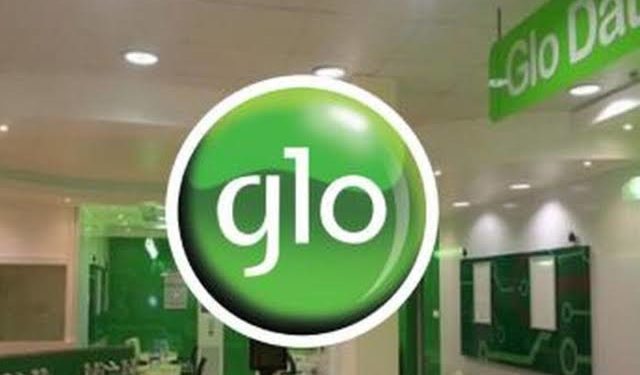adverts
Globacom, Nigeria’s second-largest mobile network operator, has suffered a staggering loss of over 3.2 million internet subscribers between December 2024 and May 2025—the sharpest decline among the country’s four major telecom providers.
New subscriber data from the Nigerian Communications Commission (NCC) shows Glo’s internet base shrinking from 17.1 million to 13.9 million during the six-month period. That equates to an average loss of over 21,000 users per day, wiping out gains made over more than a decade and pulling the company’s user count back to levels last seen in November 2013.
While the development signals a major setback for Glo, it also presents an unexpected lifeline for 9mobile, Nigeria’s smallest mobile operator. With a market share of less than 1.5% and around 1.4 million internet subscribers, 9mobile is poised to close its nearly 10-million-user gap—if it can sustain momentum.
adverts
The catalyst for this optimism is 9mobile’s landmark national roaming agreement with MTN Nigeria, signed in July 2025. The three-year deal allows 9mobile customers to ride on MTN’s expansive 2G to 4G network, improving service quality and coverage, especially in underserved regions. Analysts suggest that with strategic marketing and user-centric improvements, 9mobile could gain 250,000 to 300,000 subscribers monthly—transforming its position within three years.
Globacom’s woes are multifaceted. The telco began haemorrhaging subscribers after the NCC enforced the SIM-NIN linkage policy, which requires all mobile users to link their SIM cards to valid National Identification Numbers. This compliance crackdown exposed inflated subscriber numbers, forcing a reset.
In March 2024, Glo reported 62.1 million active voice subscribers. By September, that number had plummeted to 19.1 million—a loss of approximately 43 million users, the largest among its competitors.
Glo has remained tight-lipped, offering no official comment.
But the regulatory enforcement only exposed deeper structural problems. Glo has underinvested in network infrastructure, with just 13,800 km of fibre laid nationwide, compared to MTN’s 31,972 km and Airtel’s 16,112 km. This gap has left the operator especially vulnerable to fibre cuts, vandalism, and power instability.
In contrast to its peers, Glo maintains in-house control of its 8,550 telecom towers. While this may offer cost savings, it slows down maintenance and system upgrades, hampering service reliability.
The service issues are tangible for users. Sullivan Emerald, a software developer in Owerri, said Glo’s coverage in Imo State is unreliable. “Only places like the Government House and World Bank area get a usable signal,” he lamented.
Data from Uptime backs this claim, showing that Glo experienced 102 major network outages between January and May 2025 alone.
Glo’s governance model is also under scrutiny. The company is still tightly controlled by its founder, billionaire Mike Adenuga, with minimal distinction between ownership and management. This centralised leadership has hindered innovation and alienated skilled executives.
In May 2025, newly appointed CEO Ahmad Farroukh resigned barely a month into the role, reportedly due to limited management autonomy. The company’s credibility has also taken hits from regulatory fines and threats of disconnection due to unpaid interconnection fees owed to MTN and Airtel.
Despite Glo’s troubles, 9mobile’s path to growth is not guaranteed. Although its deal with MTN has earned praise from the NCC as a model for infrastructure sharing, 9mobile’s ambitions hinge on execution.
The telco has unveiled a $3 billion recovery plan, but experts are sceptical about the feasibility of raising such capital. “They haven’t clearly outlined where the funding will come from or how it will be spent,” said Wole Adetuyi, CEO of Swift Telephone Network.
Moreover, with a large chunk of its revenues from the MTN deal set to go back to MTN as roaming fees, 9mobile’s profitability hinges on successfully launching adjacent services—especially its digital bank arm, 9 Payment Service Bank (9PSB).
Industry insiders believe the best route for 9mobile is adopting a Mobile Virtual Network Operator (MVNO) model. “They need to see themselves as an MVNO and rely on someone else’s infrastructure for now,” advised Ladi Okuneye, CEO of UniCloud Africa.
Click the link Puretvonline.com | WhatsApp Channel to join the WhatsApp channel
GOT A STORY?
Contact/WhatsApp: +233243201960 or Email: manuelnkansah33@gmail.com


